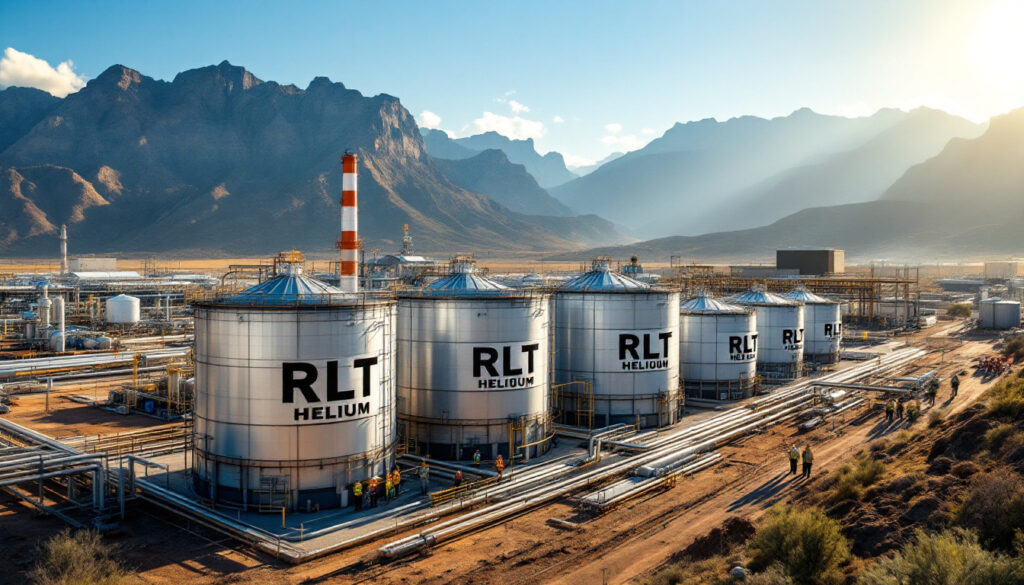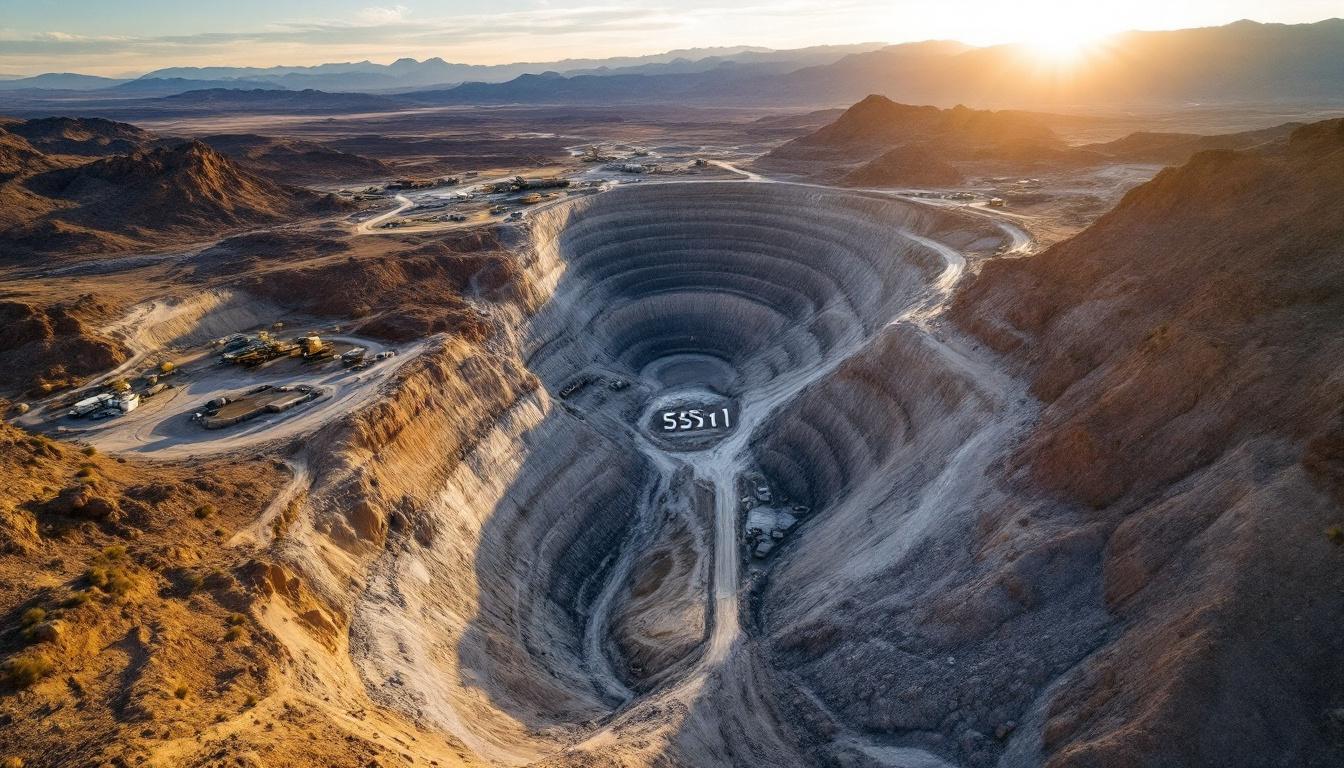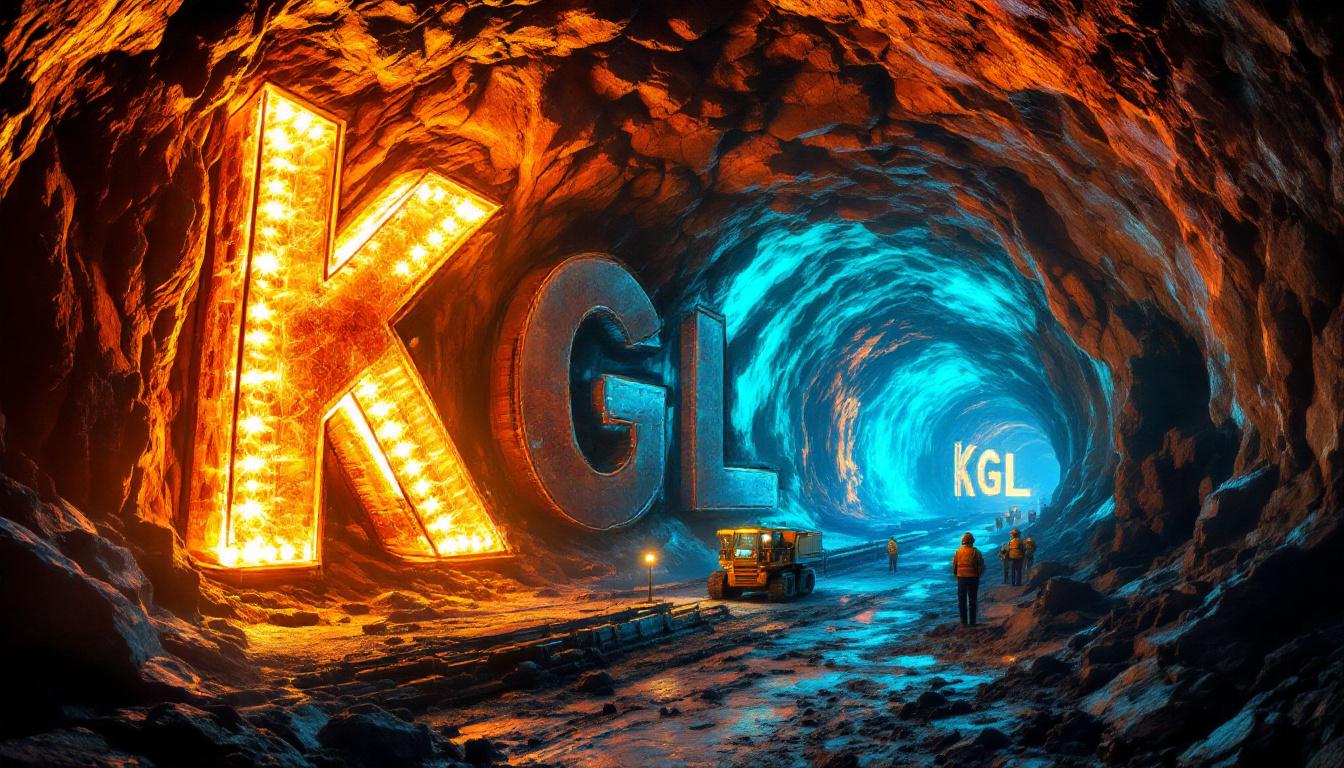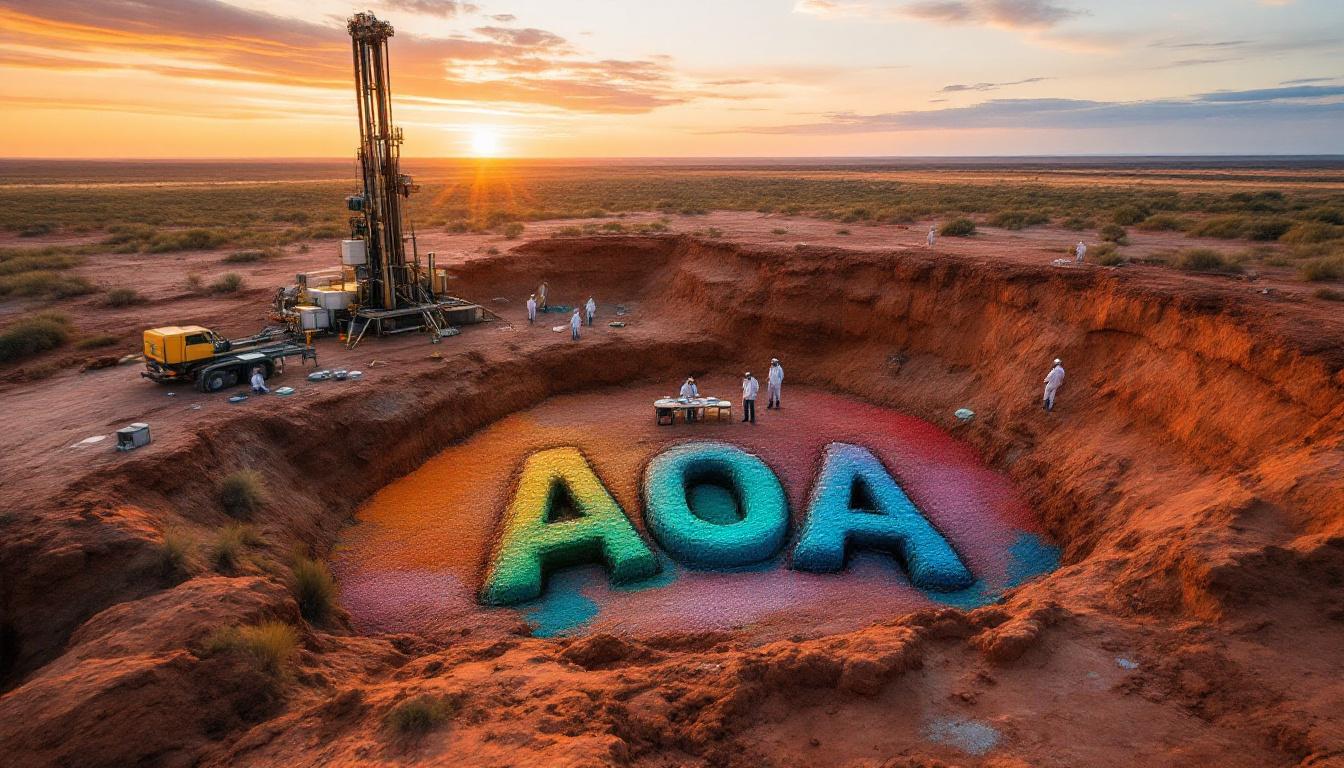Victory in Court: Renergen Secures Landmark Regulatory Clarity for South African Gas Operations
Renergen Ltd Chess Depositary Interests 1:1 court victory represents a significant legal breakthrough that brings much-needed regulatory clarity to South Africa's petroleum sector. On May 2, 2025, the High Court of South Africa ruled in favor of the company's subsidiary Tetra4, establishing that the Gas Act 48 of 2001 does not apply to upstream petroleum production activities. This ruling comes at a time when Trump's policies are reshaping global commodity markets, creating a dynamic environment for resource companies worldwide.
Court Victory Removes Regulatory Hurdles
The High Court of South Africa, Gauteng Division, Pretoria has delivered a definitive ruling that resolves longstanding ambiguity in the regulatory framework affecting Tetra4's operations. The court found that Tetra4 does not require a National Energy Regulator of South Africa (NERSA) license for trading gas, including both methane and helium, when such trading occurs outside the piped gas industry.
Key aspects of the Renergen Ltd Chess Depositary Interests 1:1 court victory include:
- Confirmation of regulatory jurisdiction: The court affirmed that upstream gas production activities fall under the Production Right granted through the Mineral and Petroleum Resources Development Act
- Operational clarification: On-site liquefaction facilities are officially outside NERSA's licensing requirements
- Helium exclusion: Recognition that helium, as a noble gas, is entirely outside the regulatory scope of the Gas Act
- Cost allocation: The court awarded costs to Tetra4, strengthening the decisiveness of the ruling
The case originated in December 2021 when Tetra4 initiated proceedings seeking clarification on NERSA's jurisdiction over certain operational activities.
"This judgment is a landmark win for Tetra4 and the entire upstream gas industry. It affirms that upstream gas production and related activities, including on-site liquefaction, are outside the scope of the Gas Act and NERSA's licensing regime, provided they do not supply the regulated piped gas industry," said CEO Stefano Marani.
Understanding the Gas Act: Why This Matters for Investors
The Gas Act 48 of 2001 was designed primarily to regulate the piped gas industry in South Africa. However, its application to upstream activities like production, processing, and non-pipeline distribution had remained ambiguous until now.
For investors, this distinction is crucial. Upstream activities involve the exploration and production of gas resources, while midstream (transportation) and downstream (distribution to end-users) activities have different regulatory frameworks. The decision parallels similar efforts in unlocking Africa's critical minerals through more streamlined regulatory frameworks.
This ruling effectively creates a cleaner separation between these segments, removing potential duplicative regulation that could have imposed additional costs and operational constraints on Renergen's business model. By clarifying that Tetra4's activities fall under the Production Right granted through the Mineral and Petroleum Resources Development Act, the company now has a more streamlined regulatory path forward.
What is the Gas Act?
The Gas Act 48 of 2001 is legislation designed to regulate the piped gas industry in South Africa. It was created to establish a framework for the regulation of gas transmission, storage, distribution, liquefaction and regasification facilities, as well as trading in gas.
The Act established NERSA (National Energy Regulator of South Africa) as the regulatory body responsible for issuing licenses for various gas-related activities. However, the Act's scope and application to different segments of the gas value chain had remained subject to interpretation—particularly regarding its application to upstream production activities.
The Renergen Ltd Chess Depositary Interests 1:1 court victory has now established that the Gas Act specifically regulates hydrocarbon gases transported by pipeline and does not extend to upstream production or noble gases like helium.
Strategic Implications and Future Operations
This legal victory delivers several strategic advantages for Renergen:
- Reduced regulatory burden: Elimination of potentially duplicative licensing requirements from NERSA
- Operational flexibility: Greater freedom in how the company handles gas trading outside the piped network
- Helium advantage: Explicit recognition that helium production and trading are outside NERSA's regulatory reach
- Cost savings: Avoidance of additional compliance costs and regulatory uncertainty
These factors collectively create a more favourable operating environment for Renergen's ongoing and future projects in South Africa. Furthermore, this approach mirrors strategies seen in global mining expansion efforts by other major resource companies.
Industry Significance
The Renergen Ltd Chess Depositary Interests 1:1 court victory has implications beyond just Renergen's operations. By establishing clear boundaries for regulatory oversight, the High Court has effectively:
- Lowered barriers to entry: Reduced regulatory hurdles for upstream gas development in South Africa
- Minimised regulatory duplication: Eliminated overlapping regulatory requirements across the petroleum sector
- Created a more enabling environment: Established clearer rules for domestic gas production
- Provided legal precedent: Set a benchmark for other operators facing similar regulatory questions
This ruling is particularly significant for South Africa's emerging natural gas industry, which has faced challenges related to regulatory uncertainty and overlapping jurisdictions. By clearly delineating the scope of the Gas Act, the court has helped establish a more predictable operating environment that may encourage further investment in the sector.
Why Investors Should Take Note
This ruling represents a significant de-risking event for Renergen's business model and future growth plans. With clearer regulatory boundaries now established, the company can pursue its operational strategy with greater certainty and potentially accelerated timelines.
For investors focused on South Africa's emerging natural gas and helium production sectors, this development signals:
- Greater regulatory certainty: Clear rules in a historically complex jurisdiction
- Efficiency improvements: Potential for more efficient project development and faster time-to-market
- Financial benefits: Reduced compliance costs that should positively impact future earnings
- Investment climate improvement: A more favourable environment for upstream investment in South Africa
The court victory effectively removes a significant overhang that could have affected Renergen's operational flexibility and cost structure, particularly regarding its helium production capabilities. This comes at a time when strategic lithium investments are reshaping the broader mining sector.
What does this mean for Renergen's production capabilities?
The Renergen Ltd Chess Depositary Interests 1:1 court victory provides the company with greater operational clarity and freedom to develop both its methane and helium resources. Specifically:
- For methane production: The company can now process, liquefy, and sell its methane resources without additional NERSA licensing requirements, provided these activities occur outside the regulated piped gas network.
- For helium production: The ruling explicitly recognises that helium, as a noble gas rather than a hydrocarbon gas, falls entirely outside the Gas Act's regulatory framework.
This regulatory clarity allows Renergen to optimise its production and distribution strategies based on market considerations rather than regulatory constraints. For a company developing unconventional gas resources, this flexibility is particularly valuable in establishing efficient operations and maximising resource value.
Looking Forward
As South Africa continues to develop its domestic energy resources, companies with established legal precedent and regulatory clarity like Renergen appear well-positioned to benefit from the country's transition toward greater use of natural gas and development of strategic resources like helium. Current mining sector trends for 2024 suggest that companies with regulatory certainty will outperform in emerging markets.
The ruling clarifies that:
- Upstream production activities fall under the Production Right granted through the Mineral and Petroleum Resources Development Act
- On-site processing and liquefaction do not require additional NERSA licensing
- Trading activities outside the piped gas network are not subject to Gas Act regulation
- Helium production and trading are entirely outside the scope of the Gas Act
With this regulatory cloud now lifted, investors have one less risk factor to consider when evaluating Renergen's future prospects in South Africa's evolving energy landscape. The Renergen Ltd Chess Depositary Interests 1:1 court victory establishes clear operational boundaries that should allow the company to execute its business strategy with greater certainty and efficiency.
For an emerging gas producer in a developing regulatory environment, this type of legal clarity is invaluable. It allows management to focus on operational execution rather than navigating regulatory ambiguity, potentially accelerating the company's development timeline and creating a more straightforward path to production and revenue growth.
Looking to Invest in Companies with Clear Regulatory Advantages?
Discover how regulatory clarity can provide investment opportunities by exploring Discovery Alert's proprietary Discovery IQ model, which delivers real-time alerts on significant ASX mineral discoveries and transforms complex data into actionable insights. Visit the Discovery Alert discoveries page to understand how major mineral discoveries can lead to exceptional market returns and position yourself ahead of other investors.




